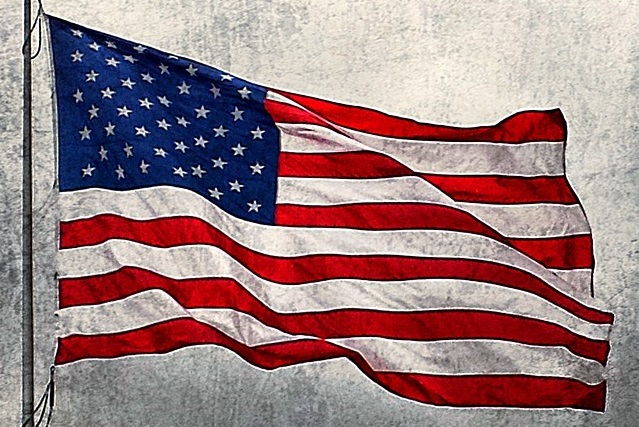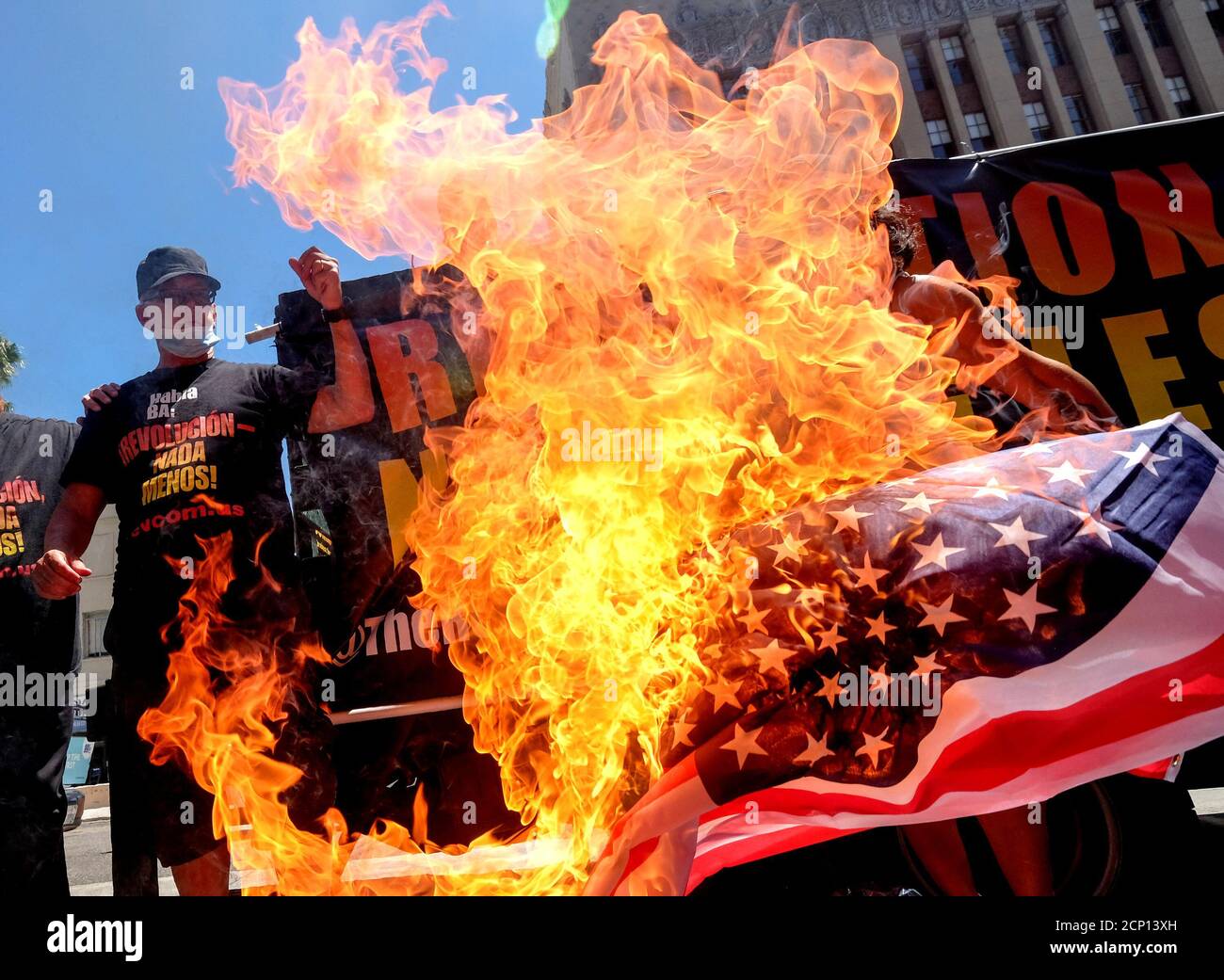Gregory Lee Johnson, also known as Gregory "Joey" Johnson, is an American political activist and member of the Revolutionary Communist Party, USA. He is best known for his role in the landmark Supreme Court case Texas v. Johnson, in which the Court ruled that the act of burning an American flag as a form of political protest is protected under the First Amendment to the United States Constitution.
The case began on June 21, 1984, when Johnson participated in a protest at the Republican National Convention in Dallas, Texas. As part of the protest, Johnson set fire to an American flag while chanting slogans such as "red, white, and blue, we spit on you." The protest was intended to express opposition to the policies of the Reagan administration, and specifically to the invasion of Grenada and the bombing of Libya that had occurred earlier that year.
Johnson was subsequently arrested and charged with desecration of a venerated object, a crime under Texas law. He was convicted by a jury and sentenced to one year in prison and a fine of $2,000. However, Johnson appealed the conviction, arguing that his actions constituted protected speech under the First Amendment.
The case eventually made its way to the Supreme Court, where it was argued on June 21, 1989. In a 5-4 decision, the Court ruled in favor of Johnson, holding that the act of burning an American flag as a form of political protest is protected speech under the First Amendment. The Court reasoned that the First Amendment protects symbolic speech, and that burning the flag is a form of symbolic speech that conveys a message of political protest.
The decision in Texas v. Johnson was met with widespread controversy, with many people arguing that the act of burning the flag is disrespectful and should not be protected by the First Amendment. However, the Court's ruling has been widely upheld as an important defense of free speech and has been cited in numerous subsequent cases involving the First Amendment.
In conclusion, Gregory Lee Johnson's case, Texas v. Johnson, was a significant legal ruling that established the principle that burning an American flag as a form of political protest is protected under the First Amendment to the United States Constitution. The decision has had a lasting impact on free speech rights in the United States and has been widely upheld by subsequent legal decisions.








